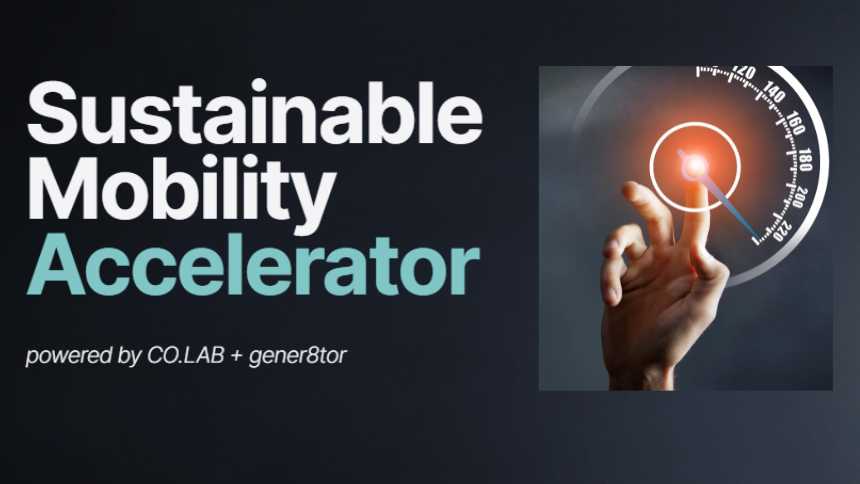
Ruedata wants to be a one-stop shop for tires for fleets
The company is one of the participants in the “Sustainable Mobility Accelerator” that wraps-up soon in Chattanooga.
A company that started in Columbia, the native country of its two Co-Founders, moved to Mexico City in 2019 and now has aspirations to enter the U.S. market with its proprietary data analytics and artificial intelligence (AI) solution.
Sebastian Baquero, Ruedata’s Co-Founder and Chief Executive Officer, says that he and his Co-Founder Jorge Quinche met during a college student exchange program in China more than a decade ago. Ironically, they both attended the same university in Columbia but had never met. In 2012, they formed their first start-up and began importing tires made in China.
After seeing the challenges that independent drivers and fleet operators experience in getting the most miles from their tires, the two closed the tire import business and launched Ruedata in 2018.

“We want to be a one-stop shop for tires for fleets,” Baquero says.
How are they going to do it? By transforming the industry by consolidating the largest tire database in Latin America and positioning Ruedata within industries of mass passenger transportation, cargo, inter-cities transportation, mining and concrete, and rental cars.
Through recommendations based on data analytics and a machine learning model, the company’s solution helps its customers save time, reduce up to 30 percent in tire expenses, and cut CO2 emissions from the use of tire rubber in vehicles.
It’s all about AI that can help fleet and independent operators predict when a tire might go bad or when preventative maintenance could avoid higher expenditures at a later date.
Today, Ruedata is one of five participants in the “Sustainable Mobility Accelerator” in Chattanooga, hosted by The Company Lab (CO.LAB) and powered by gener8tor. The teams will have their “Demo Day” from 4 to 6 p.m. EST on December 11 at the Barrelhouse Ballroom by Five Wits, 1501 Long Street in Chattanooga. To register, click here.
Baquero says the company has analyzed nearly 260,000 tires since its founding on more than 37,000 commercial vehicles. From a revenue perspective, 80 percent of the company’s current income is generated from Mexico and another 15 percent from Brazil.
“We have several paid pilots and also have a partnership with VW Trucks,” Baquero explains.
Why participate in the “Sustainable Mobility Accelerator”?
“We want to understand how to enter the U.S. market,” he says, adding, “We want to start pilots in Q1 of 2025.”
Like what you've read?
Forward to a friend!

